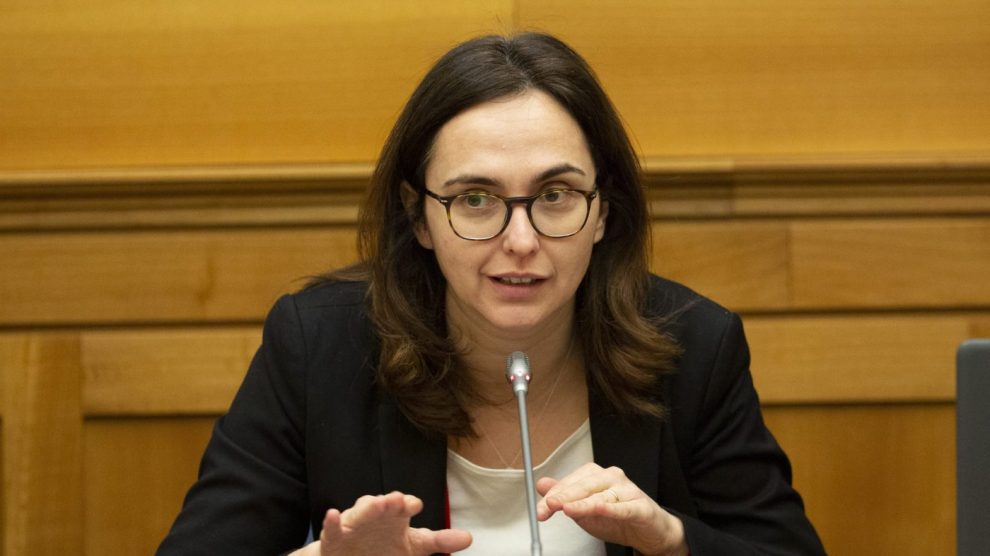The BRI is at centre stage. Early next week, Foreign Minister Antonio Tajani will head to Beijing for what he called an “important and difficult” visit – during which he’ll probably prepare the ground for Italy’s exit from the Belt and Road Initiative. On Wednesday, Prime Minister Giorgia Meloni said that she “[does not] foresee our relationship with China becoming complicated,” stressing that ties are “ancient” and laden with “great mutual benefits, not only in the commercial sphere.”
- She then noted that the choice of exiting the BRI would pass through the Italian Parliament, which would aid in legitimising it and de-politicising it (by treating it as a trade matter).
- Such a move would also force opposition parties – the Five Star Movement (M5S) was responsible for signing the deal in the first place – to express their stance on the issue amid signs that the Democratic Party (PD)’s new leadership is tilting towards the 5SM.
Lia Quartapelle chimes in. “Our position has always been very clear: We hope that the government, in addition to the bilateral dimension and the step it is taking, will also coordinate at the European level to strengthen the EU’s ability to relate with China,” said the influential PD MP, formerly responsible for the party’s foreign affairs division, to our sister website.
- The MP fears that the Meloni-headed executive could act on the “mistaken belief that Italy alone can determine relations with China – doing the exact opposite of the national interest.”
- She argued that Italy’s relationship with Beijing “must necessarily have a European dimension” and that the BRI discussion “must be taken to a different level.” So far, she lamented, “there is no trace of this relationship with Europe.”
Zooming out. Ms Quartapelle “certainly” hopes that exiting the BRI will not impact Italy’s ties with China. She, like the PM, believes that the relationship “goes far beyond” the agreement. Thus, she and the Democratic Party expect that when the issue is presented to Parliament, “the government [will] clarify the line it will take in its relations with China in light of the role it plays within the global chessboard.”
- “I am thinking of the Chinese role in Russia’s war against Ukraine; I am thinking of the relationship with Africa. Just to name two. Minister Tajani often speaks of ‘good relations’; good, but what does that mean?”
Repositioning Italy. The BRI exit will inevitably be seen as Rome strengthening its field choice – the Atlanticist camp, where PM Meloni has distinguished herself through her staunch support of Ukraine. However, Ms Quartapelle believes that she “must understand that Atlanticism is not enough. It served her to get into government, but now, to govern, she needs more,” arguing that the metrics of Italy’s international prominence are smaller than what the executive touts them to be.
- “I hope that the PM has had a genuine rethink about relations between Italy and China. And not that this decision on China is a way to ‘cover up’ certain stances on issues of the environment and rights that call into question Italy’s international prestige.”





